Capacity Management ensure the punctual and economic fulfillment of the agreed capacity requirements for IT services.
Scope
Capacity Management provides the following deliverables:
- Creation and maintenance of suitable capacity plans
- Consult and guide other roles and functions for capacity policies and -performance
- Ensure that the service performance reaches or exceeds agreed service levels.
- Support of Incident Management and Problem Management, as missing capacities might cause service interruptions
- Support the evaluation of changes, e.g. for hardware adjustments
- Ensure reasonable and pro-active service improvements
Activities
There are multiple activities for Capacity Management, which all correlated to the Capacity Managment Information System, the central repository for capacity related data:
- Cyclic
- Capacity Reviews
- Identification of potentials for improvements
- Identification of requirements
- Plan new capacities
- On-going
- Monitoring of current capacities
- Analysis of capacities (e.g. preventively for a marketing event)
- Tuning of given capacities (via Change Management)
- Providing of capacities
- Ad-Hoc
- Modelling, e.g. an increasement from 80 to 8’000 users
- Application sizing, e.g. required hardware requirements for 50 vs 500 users
- Demand Management, e.g. simulation for demand planning
Critical Success Factors
The following items are examples:
- CSF: Accurate business forecasts
- KPI: In-time delivery of capacity forecasts
- KPI: Reduction of deviations between business plans and capacity plans
- CSF: Knowledge about current and future technology
- KPI: Reduction of utilization of outdated technologies
- KPI: Completeness of measures
- CSF: Ability to pin-point out the profitabillity
- KPI: Reduction of panic buying
- Reduction of excess capacities
- CSF: Ability to plan and implement suitable capacities
- KPI: Reduction of capacity- or performancerelated incidents

